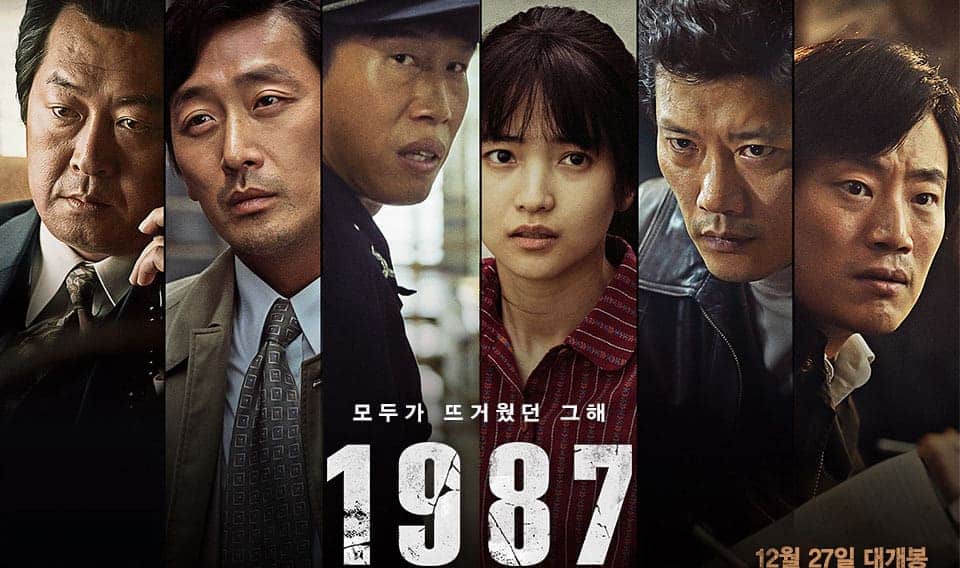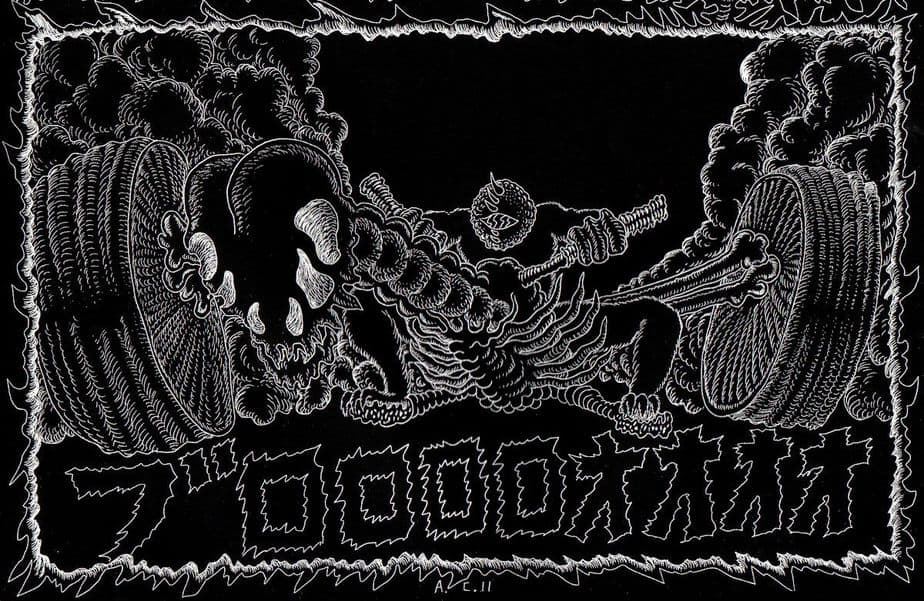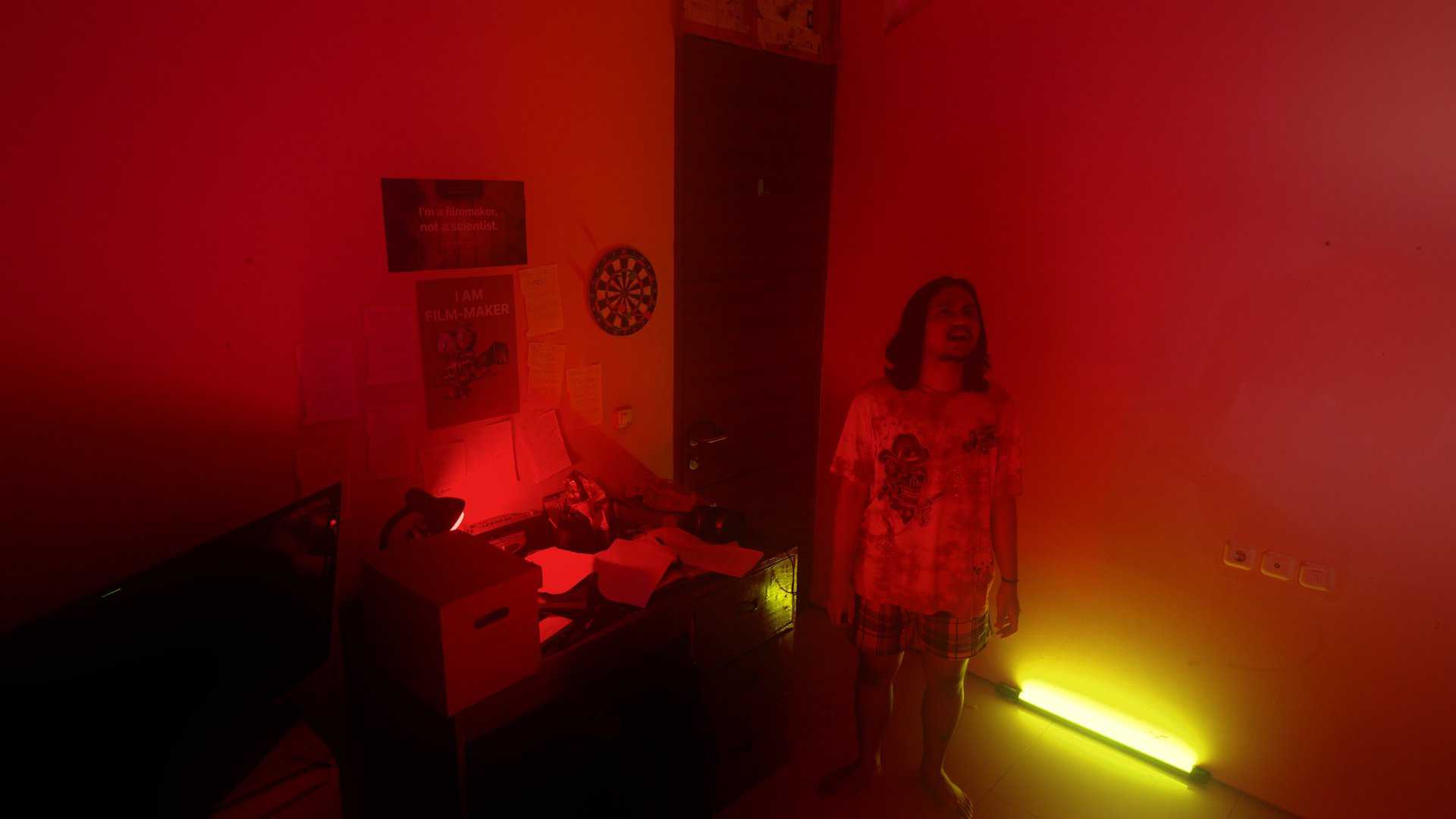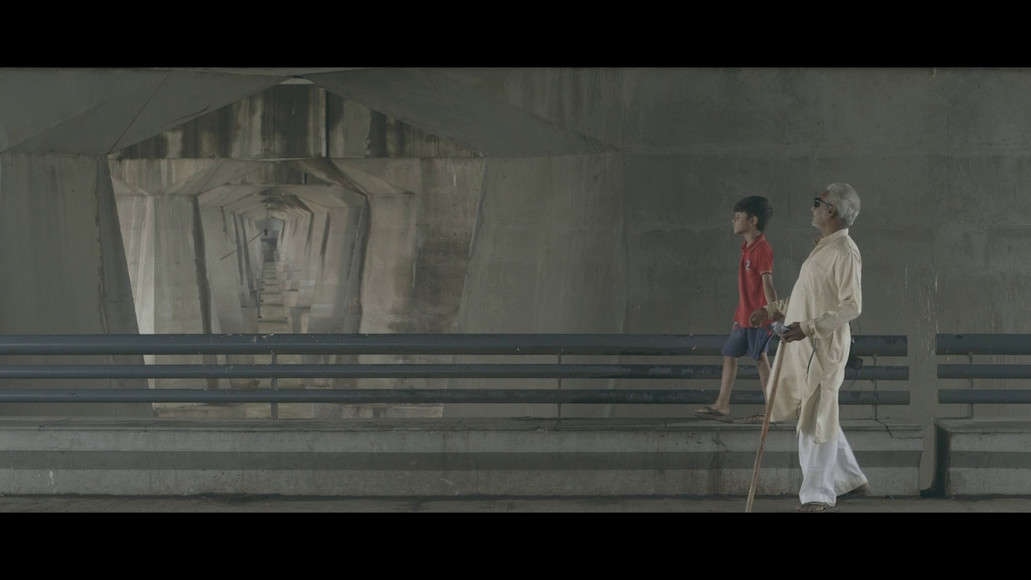Films about films have become something of an indie trend nowadays in Japanese cinema, with a number of very interesting productions. Takushi Ueta, however, presents a rather different approach to the whole concept, by focusing on an actress and the way her personality is shaped by her roles and the effect the director has on her, in an existential approach that also includes the motif of “The difficulty of understanding each other”.
Thou'lt Look Back No More, Never, Never, Never, Never, Never is screening at Japan FilmFest Hamburg

Emma once unsuccessfully auditioned for a film role, a failure which resulted in her abandoning her dreams of acting. Seven years later, the director who did not cast her returns, and now desperately wants to include her in his new film. Emma sees this as an opportunity to get away from her routine and her boyfriend's family, with whom she retains a rather dull and disconnected relationship. The director's producer, however, questions his choice for the movie's lead, obviously not seeing in her what he does. The question of what he sees, however, is a permeating one in the film, while soon it becomes obvious that something is wrong with Emma.
Takushi Ueta directs a rather complex movie, where the borders of where cinema stops and actual life begins are utterly blurred, with the way Emma reacts making the whole concept even more confusing. The concept of identity for actors, and where their actual self stops and the artist begins seems to be a central one, but the meta approach Ueta has implemented does not help much in giving any answers. Instead, the viewers, much like the protagonist, will find themselves in a state of permanent disorientation, through the labyrinth of scenes which seem to be barely connected with each other, an approach that does not seem to lead anywhere, maybe with the exception of showing that acting, and art in general, can provide a much needed way out from everyday routine.
On the other hand, there are two aspects where the film thrives. The atmosphere of mystery and horror that derives from the way Shihio reacts, occasionally talking to herself or acting in rather mysterious ways, works quite well for the narrative, both due to Shiho Tanaka's acting and DP Kazutaka Ito's lensing, whose framing, close ups to faces and backs, and the hiding of the faces of different characters that appear on screen, functioning very well in that regard.
The second is the presentation of shooting a movie, which manages to highlight a number of aspects very rarely depicted on screen, even in this meta category mentioned in the prologue. In that fashion, the relationship between the director and the producer, the conflicts with the actors and the whole connection he shares with his cast, and doing research and scouting for locations for the script are all presented thoroughly here. Lastly, the promotion of the film, which includes interviews that can be rather unpleasant for the filmmaker is also commented upon, rounding up a thorough presentation of the “peripheral” aspects of filmmaking.
The inspired by Shakespeare title of “Thou'lt Look Back No More, Never, Never, Never, Never, Never” is not the most weird aspect of Ueta's feature debut, who seems to have a number of very interesting ideas, but not yet the directorial abilities to implement them fully. The result is a movie that works on a number of separate levels, but not as much as a whole.
















